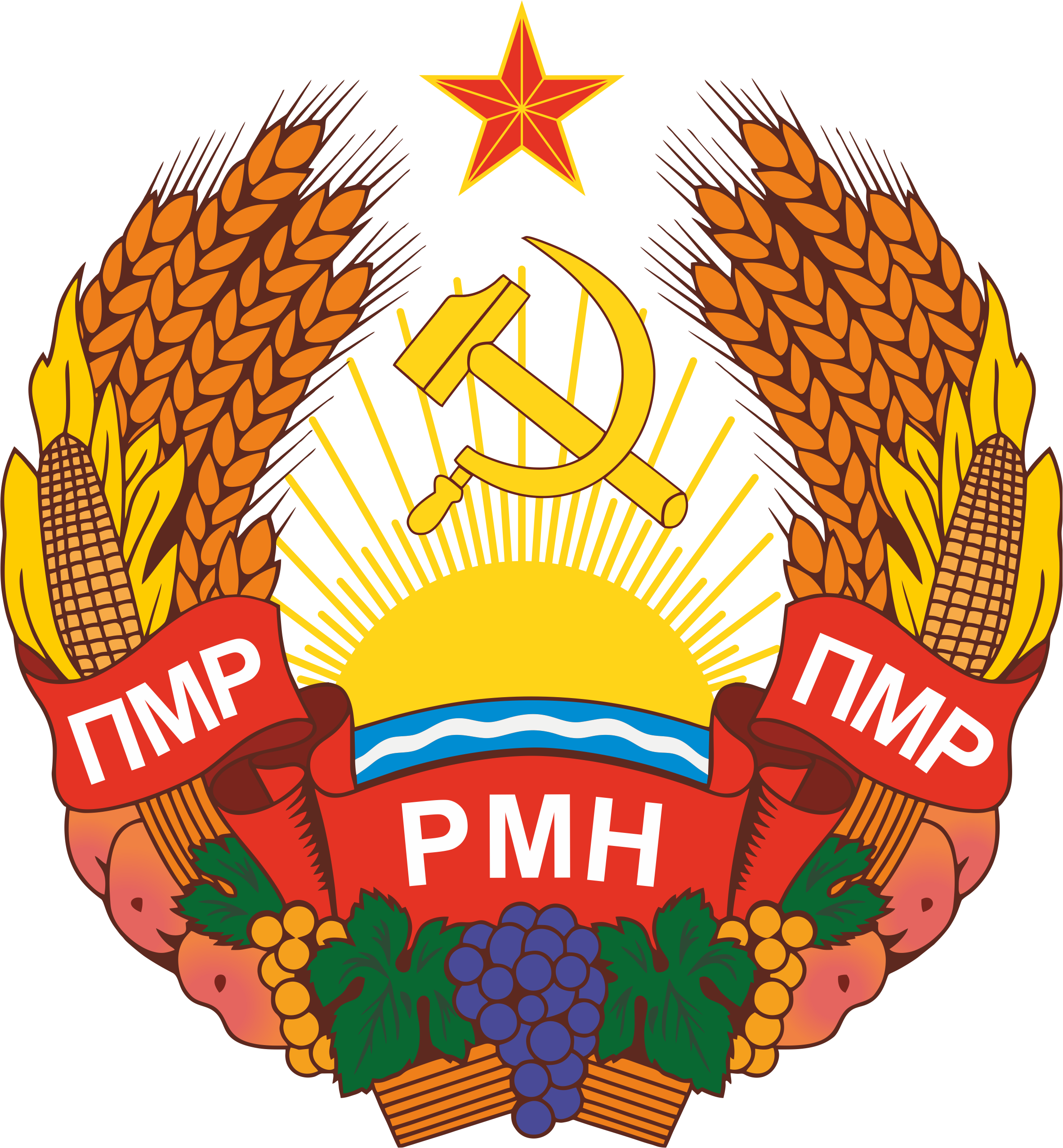Комитет по законодательству, правоохранительным органам, обороне, безопасности, миротворческой деятельности, защите прав и свобод граждан
The list of bodies of the judiciary community of Pridnestrovie can be supplemented by such bodies as the qualification boards of judges of the Supreme and Arbitration Courts, city, district courts and the examination commission for taking the qualification exam for the position of a judge. Russia also applies such rules. The draft of the new law "On the bodies of the judiciary in the Pridnestrovian Moldavian Republic", proposed by the deputies of the Supreme Council, was considered at a meeting of the Committee on Legislation, Protection of the Rights and Freedoms of Citizens. The law-in-draft is in a package with other legislations that amend the Constitutional Laws “On the Status of Judges”, “On the Supreme Court”, “On the Judicial System in the Pridnestrovian Moldavian Republic”, and the law “On the Judicial Department”.
Qualification boards of judges are proposed to be formed not only from among judges, as it operates today at the sub-legal level, but also from representatives of the public and representatives of the President of the Pridnestrovian Moldavian Republic. It is proposed as for the examination committee for taking the qualification exam for the position of a judge to establish that it will include both representatives of the judiciary and independent highly qualified lawyers (scientists, teachers of legal disciplines). The composition is determined currently by order of the Supreme Court and includes only judges of the Supreme, Arbitration Courts and city, district courts.
The explanatory note to the legislations notes that at present, both at the legislative and sub-legislative levels, the procedure for the formation, powers and organization of the work of the bodies of the judiciary, their interaction with each other is not sufficiently regulated. There are significant legal gaps, unacceptable and requires legal regulation, the authors consider. It is proposed to prescribe the main tasks of the bodies of the judiciary:
– assistance in improving the judicial system and legal proceedings;
– protection of the rights and legitimate interests of judges;
– participation in the organizational, personnel and resource support of judicial activities;
- approval of the authority of the judiciary, ensuring that judges comply with the requirements of the Code of Judicial Ethics.
The legislations were supported in the course of the meeting of the relevant committee and recommended for adoption in the first reading. If approved by the deputies at the plenary session, the legislations will be finalized in the Committee.



 Законы ПМР
Законы ПМР Постановления
Постановления Законопроекты
Законопроекты Анонс мероприятий
Анонс мероприятий 0 (533) 6-24-24
0 (533) 6-24-24